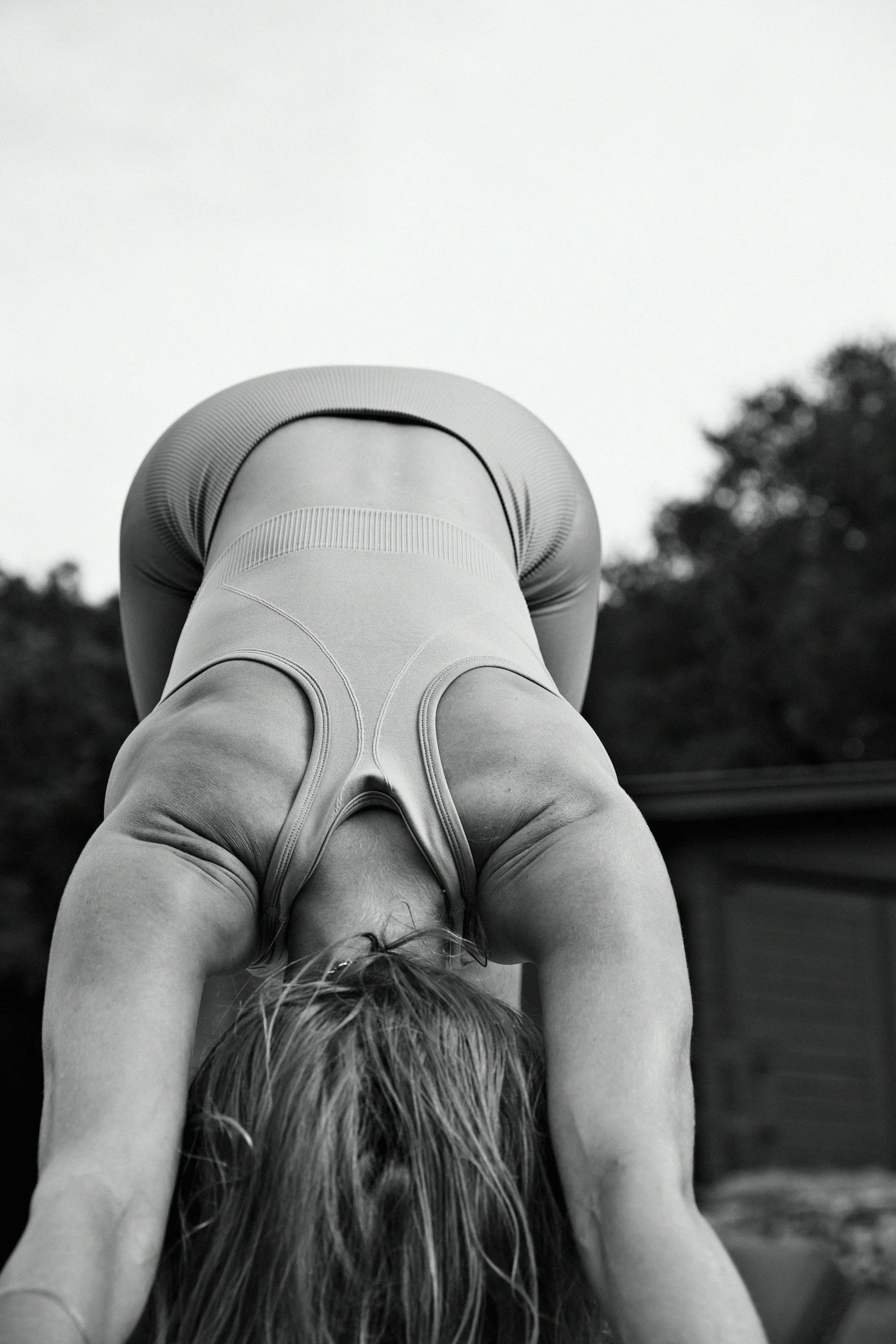An Hour Can Change Your Day: The Case for the Self-Care Power Hour
The wellness world is full of quick fixes and hacks for a reason. We all want to feel good, be well, and somehow do it all while juggling work, family, and well, life. The idea that something could be a shortcut or big boost is comforting. But the truth? Real wellness isn’t just in the hacks—it’s in the routines we build and the consistency we (mostly) keep.
Of course, no one is consistent all the time. We all fall out of our routines, or stumble into less healthy ones. It happens quietly at first—more takeout nights, less movement, another week of “I’ll start Monday.” And that’s okay. It’s part of being human.
What matters is that we have tools to help us reset—to get back to feeling good again.
And one of my favorite tools is something I call the Self-Care Power Hour.
What Is a Self-Care Power Hour?
Think of it as a focused, one-hour time block just for you—to recharge, reset, and remind yourself how good it feels to take care of yourself.
It’s not about perfection. It’s not a spa day or a full morning routine overhaul. It’s simply about pressing pause on everything else and turning your attention back to you.
Because when you’re constantly in multitask mode—half-listening, half-doing, half-resting—you’re never really recharging. A Power Hour gives you full permission to do one thing well: take care of yourself.
How It Can Change Your Day (or Your Life)
When you set aside even one intentional hour, you:
Get your energy back. You refill your cup instead of pouring from an empty one.
Remind yourself how good it feels to feel good. That post-walk clarity, post-stretch calm, post-journal peace—it’s motivation to keep going.
Reprioritize your wellness. It’s a reset button that says, “I matter too.” And that tiny shift can lead to bigger changes in how you move, eat, rest, and show up.
Sometimes, one hour is all it takes to remember what you need—and to start living in a way that supports it.
Choose Your Self-Care Activities
Before you jump in, pause for a moment and check in with yourself. Here’s some questions you may want to ask:
How do I want to feel after this hour? Calm? Energized? Clear? Grounded?
What’s been draining me lately—and what might refill me?
Do I need to move my body or slow it down?
Do I need quiet and solitude, or connection and conversation?
What’s something I’ve been craving—mentally, emotionally, or physically?
What can I do that would make me feel cared for by me?
What kind of energy do I want to bring into the rest of my day—or my week?
What small thing always helps me feel a little more like myself?
Choose 1-3 activities that will meet your needs today. Think of it like ordering off of a menu at a restaurant. From all of the options available to you here and now, what are activities are you most craving? What will be most nourishing?
Make your selection(s).
Examples:
Morning Power Hour
Before work or before your kids wake up:
-A slow breakfast instead of rushing out the door
-Stretching or yoga while your coffee brews
-Reading something inspiring (like you’re favorite newsletter), or a short meditation
-A walk outside before checking your phone
Midday Power Hour
During your lunch break or while your little one naps:
-A screen-free lunch (yes, away from your desk or phone)
-Ten deep breaths + a quick reset walk
-Listening to music or a podcast that lifts your mood
-Planning your afternoon with intention instead of reacting to it
Evening Power Hour
After you log off or tuck your kids in:
-A warm shower, skincare, and cozy pajamas
-Reading or journaling instead of scrolling
-Lighting a candle and stretching on the floor
-Legs up the wall or meditation before bed
You don’t have to do it every day (though you might want to!)
Even once or twice a week can completely shift your energy and help you reconnect to yourself.
Because an Hour Really Can Change Everything
The self-care power hour isn’t about doing more—it’s about remembering what actually helps. It’s proof that tending to yourself makes a big difference. Sometimes, it just takes one hour of intention to remind you who you are, what you need, and how good life feels when you’re Really Well.
✨ What would your ideal self-care power hour look like today?
Are you subscribed yet? Don’t miss exclusive content, tips and resources!






